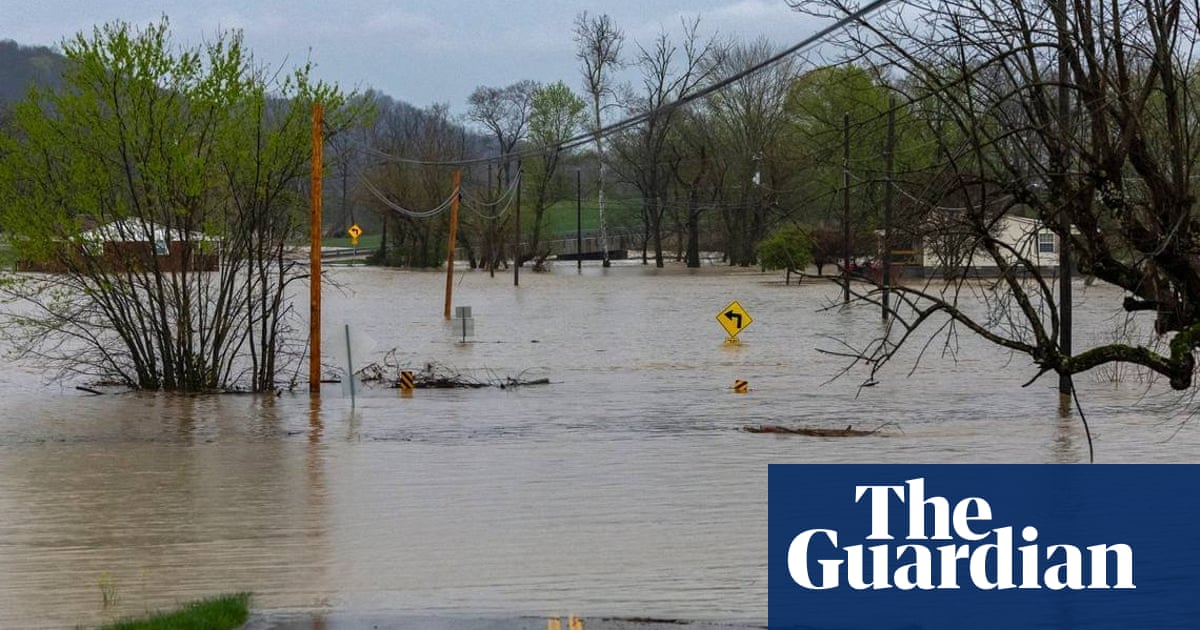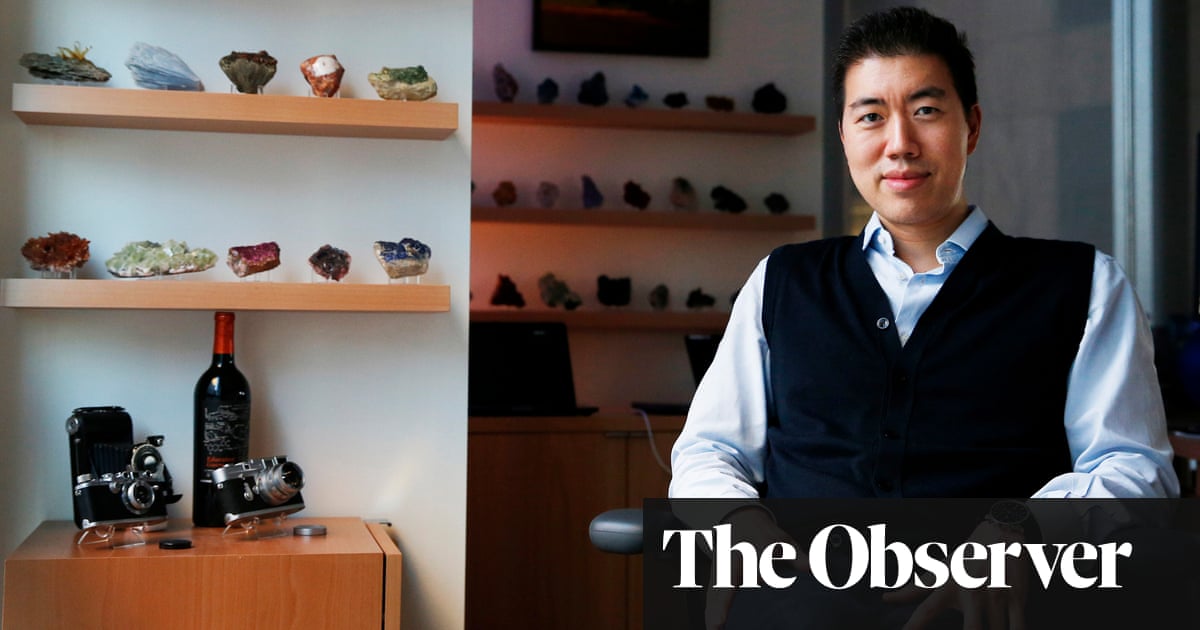Clinging to an overturned raft in the perilous, frozen waters of the north Atlantic, Jimmy McGann witnessed the horror of the 1912 sinking of the Titanic. He was one of its soot-covered coal-trimmers, toiling in blazing heat, shovelling coal into furnaces that powered the mighty vessel.
Jimmy stayed aboard with the captain until the ship’s last moments and, although he survived history’s most famous maritime disaster, he died a few years later from pneumonia.
Now two of his great-nephews, Liverpudlian actors Paul and Stephen McGann, will tell his story in a BBC /Noiser podcast series, Titanic: Ship of Dreams, which begins on 8 April.
Paul hosts the podcasts, while his brother contributes, having done extensive research into their family history. Paul, who starred in Withnail and I and as the eighth incarnation of the Doctor in Doctor Who, said that the brothers wanted to show what men like Jimmy endured.
“It reveals the conditions of the very people that drove the ship, that drove the business, without whom none of it would have worked,” he told the Observer. “The labour of these particular men … was crucial.”
The McGanns believe Jimmy’s work on the Titanic took a toll on his health. Beyond his “filthy, horrible” working conditions, Jimmy was hospitalised for frostbite after spending six hours adrift when the ship sank until he was rescued. He died in 1918, aged just 36.


Jimmy was one of the working-class men who made up the ship’s “black gang”, so-called because their faces were covered in soot and coal. Most were Irish Catholics whose families had fled the potato famine, only to find themselves living in grinding poverty in Liverpool’s slums.
Stephen McGann, who played Dr Turner in the BBC’s hit drama series Call the Midwife, told the Observer: “This man and his brother [our grandfather], grew up in streets that were called the worst in the empire … so filthy and diseased. These same people, who were shunned by the local society, were suddenly incredibly valuable to merchant shipping because they literally powered the ships.”
He added: “[It was] filthy, horrible work, almost like coal-mining on acid, because you’re probably diseasing your lungs with the coal you’re taking in.”
An aunt first told Stephen about “Titanic McGann”, but she did not have any details, and no one else in the family could confirm that he was actually onboard. Years later, Stephen found a mention of a “James McGann” in the memoir of Col Archibald Gracie, one of the fellow survivors, who wrote of “the shrieks of the terror-stricken and the awful gaspings for breath of those in the last throes of drowning”.
Further research led Stephen to US newspaper reports of Jimmy’s own testimony, in which he had movingly described being with the Titanic’s captain, Edward Smith, as the water reached his knees: “I was standing beside him … He looked as if he might be trying to keep back tears as he thought of the doomed ship,” Jimmy wrote.
“I felt mightily like crying myself as I looked at him. Suddenly he shouted, ‘Well boys, you’ve done your duty, and done it well. I ask no more of you. I release you. You know the rule of the sea. It’s every man for himself now, and God bless you’. I don’t think he wanted to live after seeing how things were. Dead bodies were all around, floating in the water when he jumped, and I think it broke his heart. I wasn’t keen on living myself.”
The ship sank on its maiden voyage from Southampton to New York after it hit an iceberg about 370 miles south of Newfoundland, killing more than 1,500 of 2,200 passengers and crew.
Jimmy made it to the boat deck when the ship’s bow was already completely submerged and all the main lifeboats had long since departed. However, there were still four “collapsible” lifeboats. He jumped into the water, clambering on to an upturned hull, from where he witnessed Titanic’s final moments.
He received £5 10s for his Titanic employment. Stephen expressed astonishment that “his pay stops on the night of the disaster because they say: ‘Well, you weren’t working.’”

.png) 16 hours ago
4
16 hours ago
4













































